As part of preparations for the forum “Education, Science, Innovation: Human Capital in Ukraine’s Post-War Recovery,” the signing of cooperation agreements, and discussions on initiatives to commemorate Ukraine’s first President, Leonid Kravchuk, an extended meeting of the Bureau of the Presidium of the Ukrainian Peace Council was held at Mykhailo Drahomanov Ukrainian State University.
Active preparations are underway for the forum “Education, Science, Innovation: Human Capital in Ukraine’s Post-War Recovery,” scheduled for December 10–11, 2025, at Drahomanov University. This was announced by Deputy Head of the Ukrainian Peace Council (UPC) Valeriy Tsybukh, University Rector Viktor Andrushchenko, and Vice-Rector Hryhoriy Torbin. The forum’s draft program has been prepared, with key panels and speakers identified. The main presentations will focus on strategies for developing Ukraine’s education and science sectors, their modernization in the context of contemporary global changes, international cooperation in education, and the formation of human capital as a critical factor in development and national security. The forum will feature leading Ukrainian scholars, representatives of international organizations, and partner countries, including Poland, Germany, South Korea, and others.
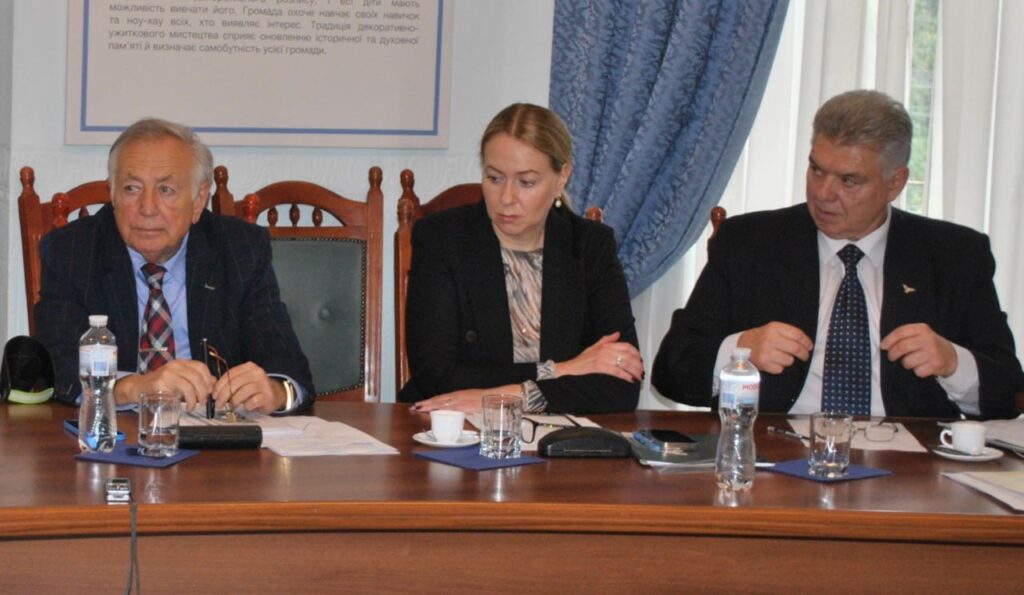
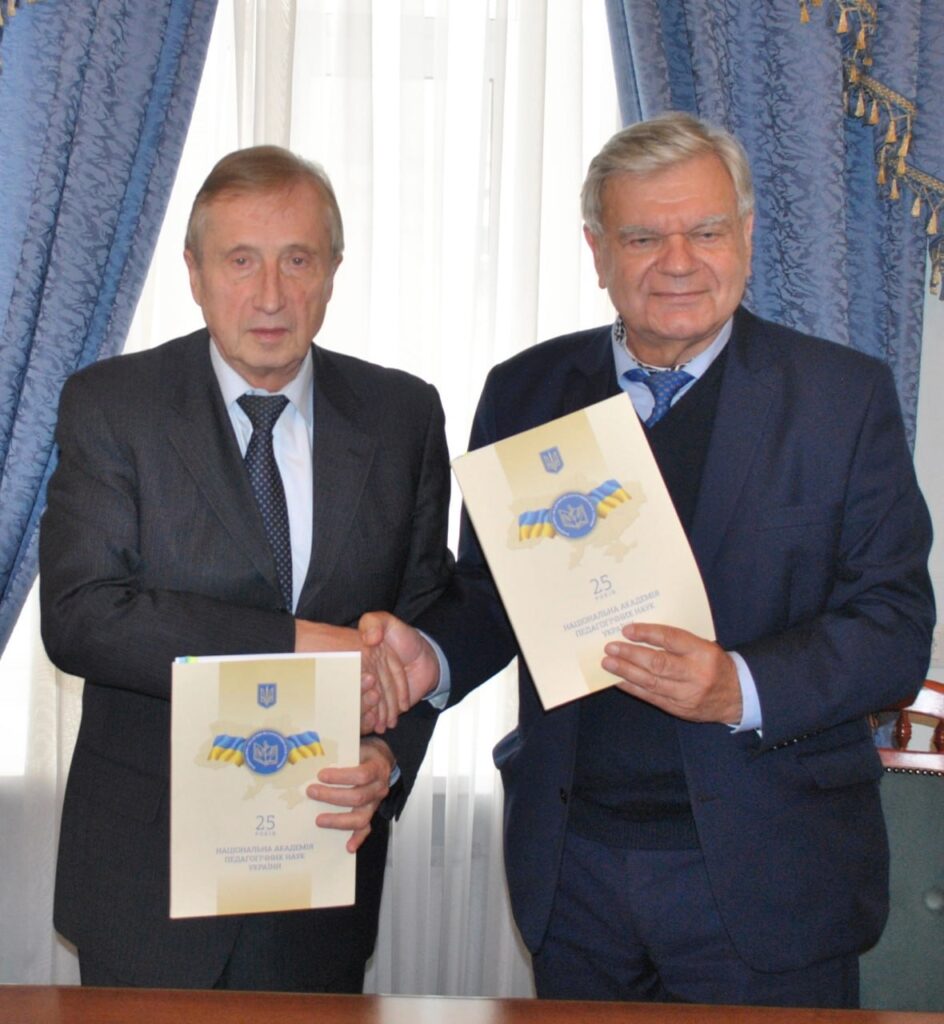
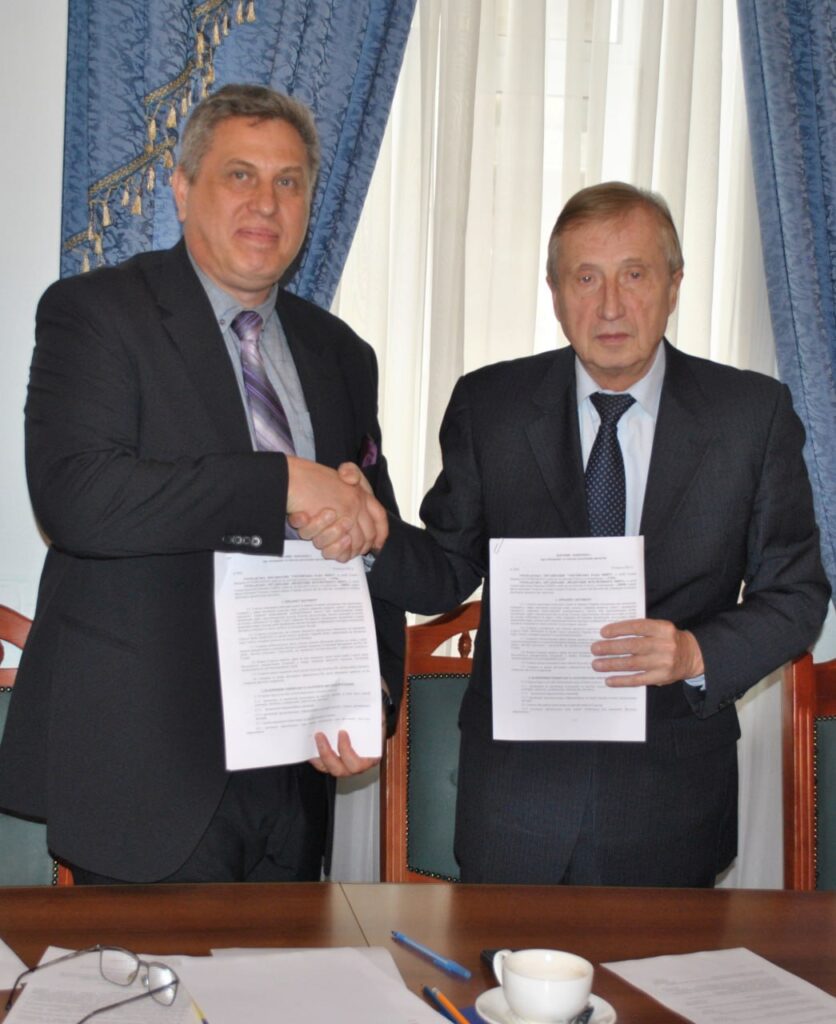
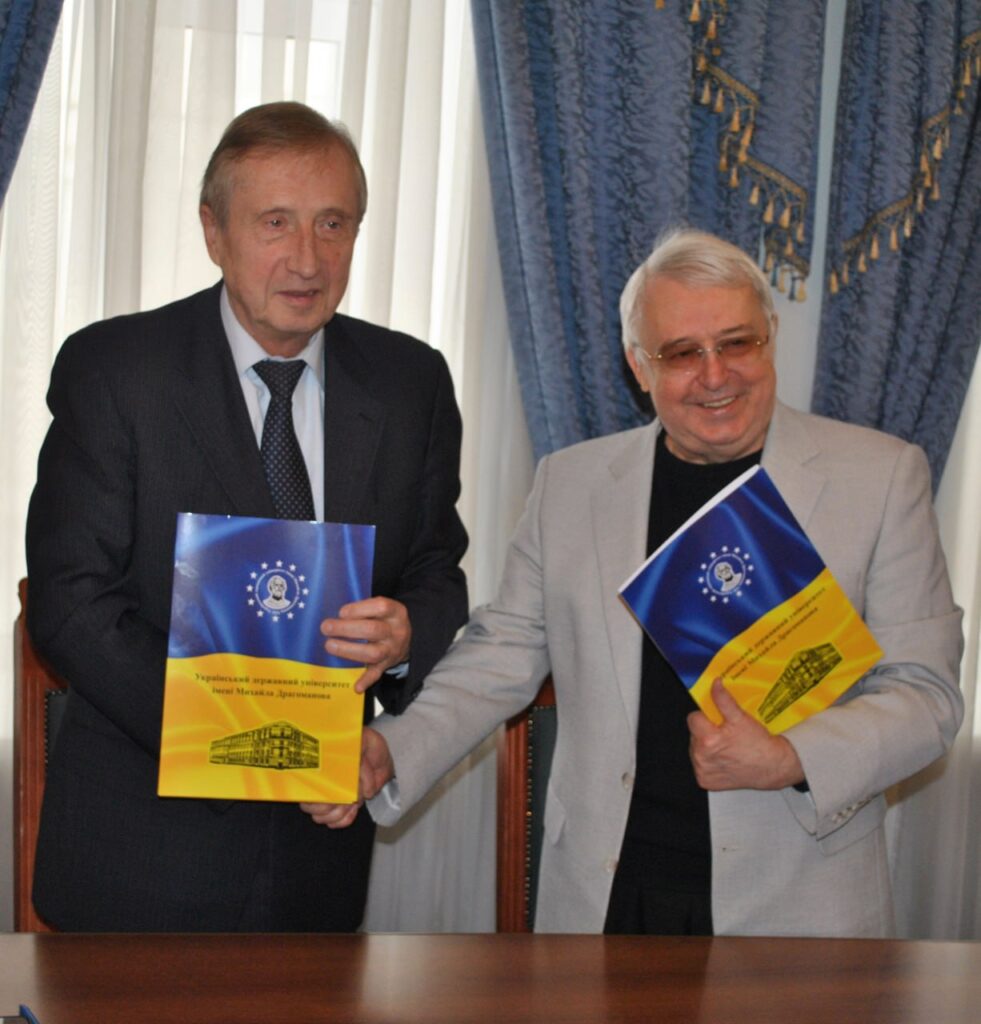
During the meeting, the UPC signed several cooperation agreements with partners: the National Academy of Pedagogical Sciences of Ukraine (NAPS), the Universal Peace Federation, Mykhailo Drahomanov Ukrainian State University, and the Academician Yury Bugay International Scientific and Technical University. UPC Head Mykhailo Zgurovsky noted that cooperation with these institutions and organizations has been long-standing and successful, but current societal and international challenges require clarifying mutual commitments.
“We are united with NAPS by shared principles: complementarity, inclusivity, engagement of a wide range of stakeholders—from scholars and educators to civic activists—humanism, adaptability, and flexible responses to pressing challenges,” emphasized Mykhailo Zgurovsky before signing the memorandum with the academy.
NAPS President Vasyl Kremen added that the academy and the UPC face many shared challenges. Among the priorities, he highlighted the integration of peace-oriented education with patriotic upbringing of Ukrainian youth.
The UPC’s cooperation with the Universal Peace Federation spans 23 years. Over this time, the organizations have jointly implemented numerous peacekeeping initiatives, supporting each other. Mykhailo Ilyin, Head of the Board of the Universal Peace Federation in Ukraine, noted that UPC delegations at international forums have always stood out for the substance of their presentations.
The close collaboration with Mykhailo Drahomanov Ukrainian State University also has a long history. According to Mykhailo Zgurovsky, the principles of this partnership align closely with those shared with NAPS, particularly in fostering youth development based on modern values. The organization of the aforementioned forum is further evidence of this fruitful collaboration.
The UPC is also actively cooperating with the Academician Yury Bugay International Scientific and Technical University, which has carved out a unique niche for a private institution—engineering. The university’s rector, Veronika Khudoley, who has worked with the UPC for many years as part of its advisory council and chairs its audit committee, was awarded the honorary “Order of Peace” following the signing of the cooperation agreement.
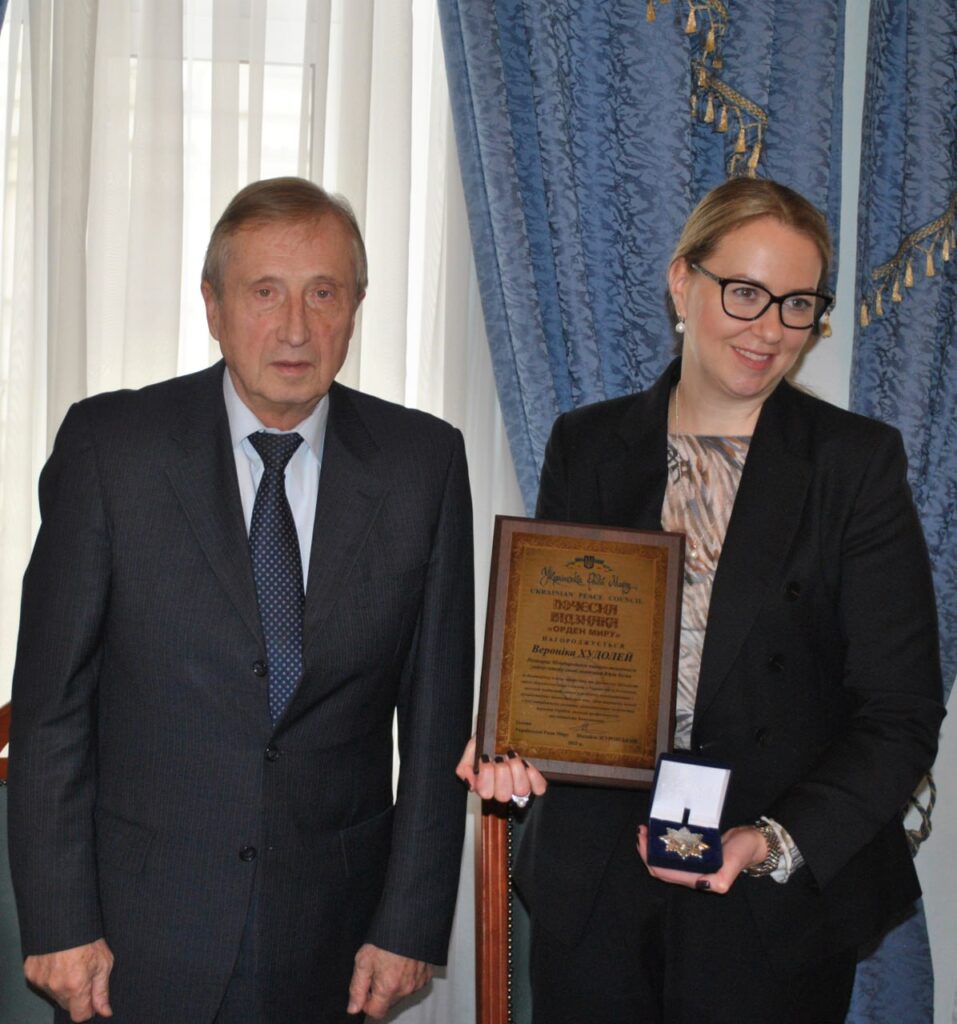
In fulfillment of the UPC Presidium’s decision to commemorate Ukraine’s first President and long-time UPC Head Leonid Kravchuk, a petition was submitted to the Office of the President of Ukraine. Mykhailo Zgurovsky reported that the Office of the President instructed the Cabinet of Ministers, which, in turn, tasked relevant ministries to review the matter. The UPC received feedback that outlines further steps in this direction. During the discussion, participants proposed various ideas, including naming streets, libraries, scholarships, awards, educational institutions, lecture halls, and centers in honor of Kravchuk, as well as mechanisms for engaging relevant authorities. They referenced the U.S. practice, where each president receives funding to establish a personal museum, and noted Ukrainian institutions established during Leonid Kravchuk’s presidency. Participants agreed that funding is a secondary issue, with the primary focus being a clear list of concrete steps. Resources will be secured for specific projects.
Following the discussion, it was decided to formulate proposals and a plan of action to commemorate Leonid Kravchuk and submit them to the Office of the President, the Verkhovna Rada of Ukraine, ministries, and local authorities. To ensure systematic work, a group was formed consisting of UPC Deputy Heads Valeriy Tsybukh and Volodymyr Novokhatsky, as well as Presidium members Vasyl Kremen, Leonid Hubersky, and Viktor Andrushchenko.
In closing, Mykhailo Zgurovsky announced that the UPC has applied to the United Nations Committee on Non-Governmental Organizations for general consultative status with the UN Economic and Social Council. Work in this direction continues, with the application set to be reviewed at the Committee’s session on January 26–30 and February 4–6, 2026.
The meeting also addressed cooperation with the World Information Transfer (USA), which has organized numerous events in support of Ukraine. Notably, in collaboration with the UPC, it held an environmental seminar at the UN headquarters in May of the previous year. For her significant contributions to supporting Ukraine, the organization’s president, Dr. Khrystyna Durbak, was awarded the “Order of Peace.” Work is currently underway on a cooperation agreement with World Information Transfer to further promote Ukraine’s interests on the international stage.
Dmytro Shulikin
Photos by the author
